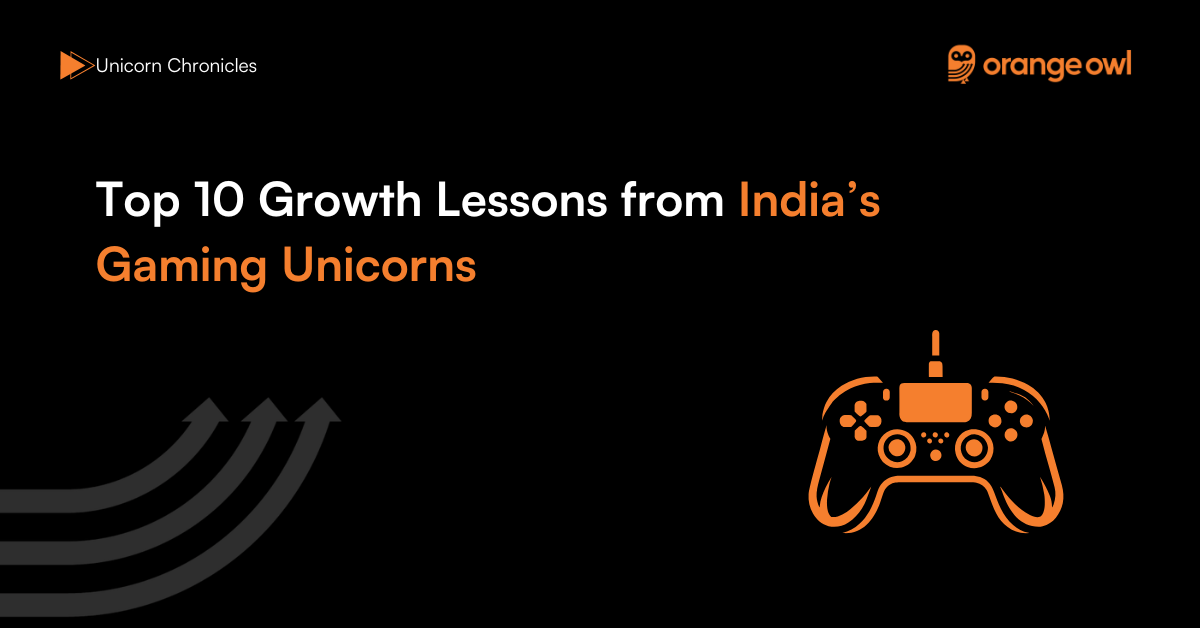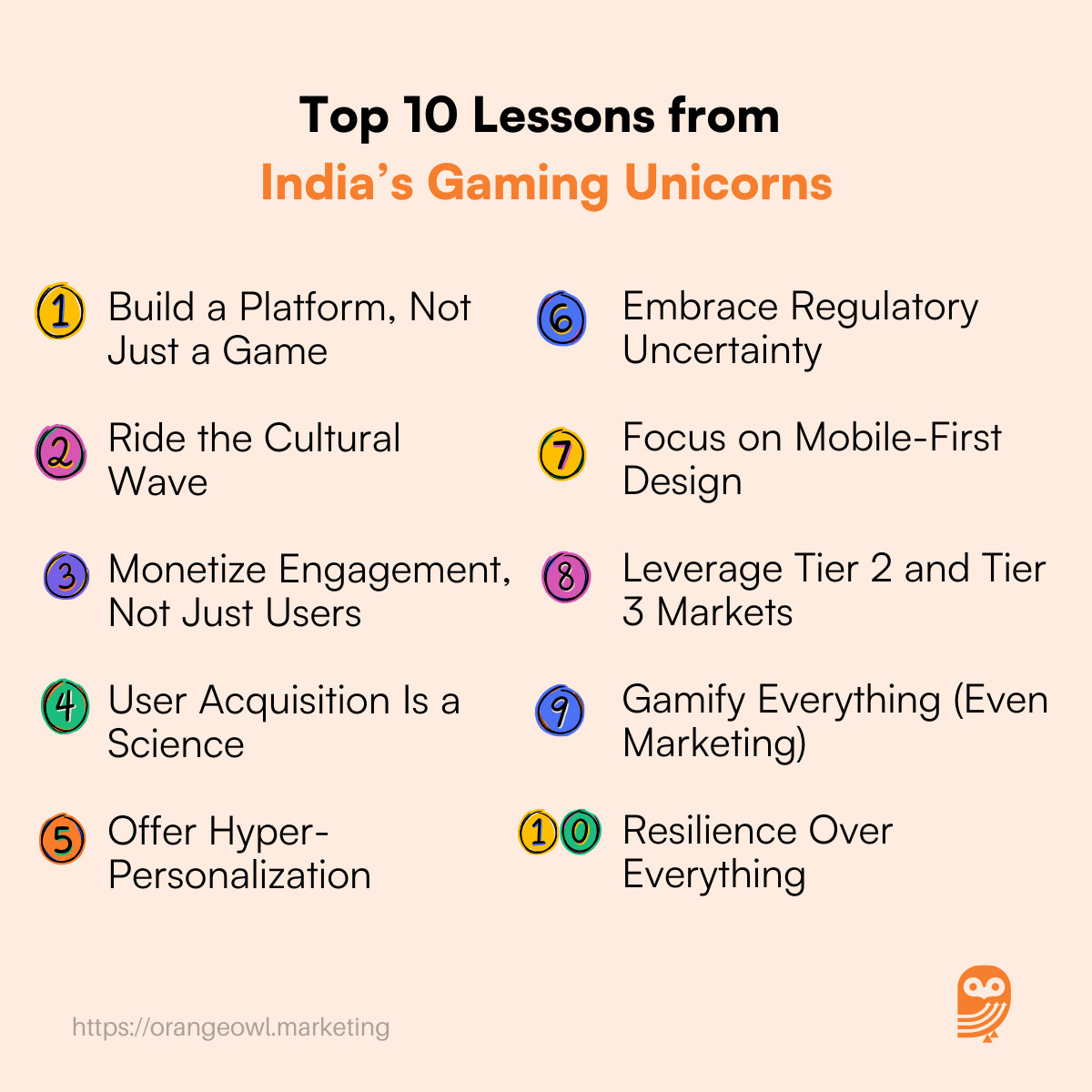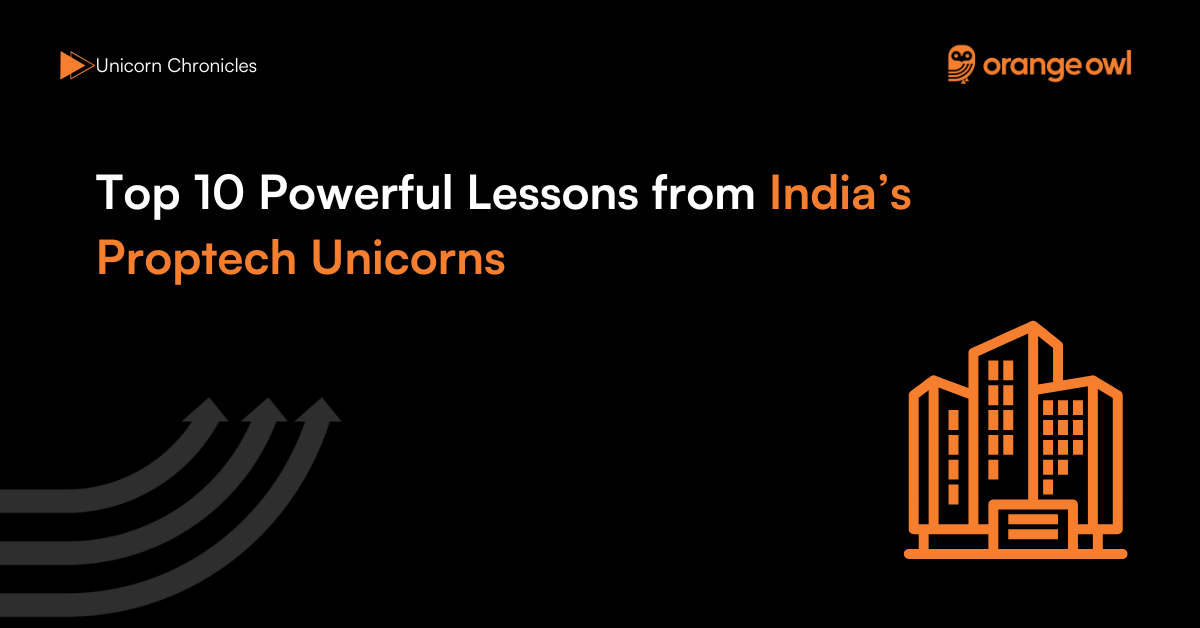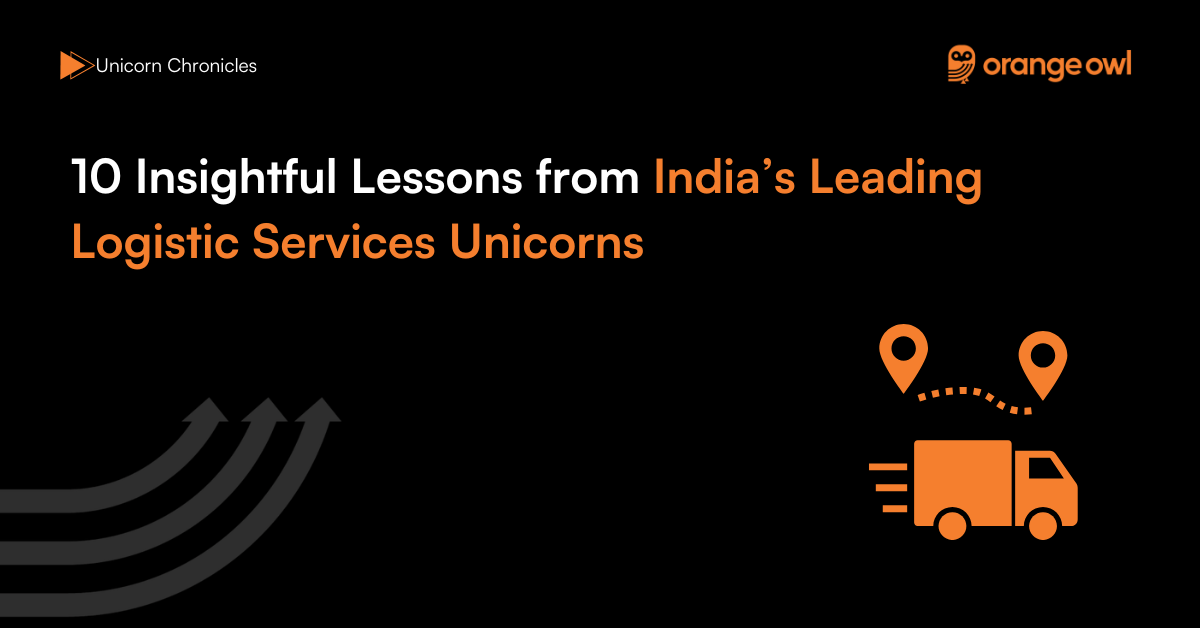Top 10 Growth Lessons from India’s Gaming Unicorns
Vivek Goel
June 13, 2025

Table of Contents
Introduction
India’s online gaming industry has undergone a dramatic evolution—from a niche form of entertainment to a high-stakes, billion-dollar ecosystem. With a rapidly growing user base, increasing smartphone penetration, and improved digital infrastructure, gaming has become more than just a hobby—it’s a serious business opportunity.
At the forefront of this digital revolution are three homegrown unicorns that have redefined how India plays: Dream11, Mobile Premier League (MPL), and Games24x7. These trailblazers didn’t just capitalize on a trend—they actively shaped the industry, introducing innovative business models, creating loyal user communities, and scaling rapidly despite regulatory uncertainty.
We recently chronicled their inspiring journeys in detail :-
📲 Mobile Premier League Success Story: 5 Key Lessons for Every Entrepreneur
🎲 Games24x7 Success Story: 5 Fundamental Lessons for Every Entrepreneur
🏏 Dream11 Success Story: 5 Game-Changing Lessons for Every Entrepreneur
From fantasy sports and real-money gaming to personalized content and user trust, these companies offer more than just inspiration—they deliver real-world lessons on product innovation, growth, and resilience.
We distill 10 game-winning lessons from these power players—insights that can help any entrepreneur level up their startup journey in today’s competitive digital landscape.
1. Build a Platform, Not Just a Game
In the world of gaming, novelty wears off fast. What’s trending today can vanish tomorrow. That’s why companies like Dream11 and MPL chose to build platforms rather than just ride on the back of a single hit.
Dream11 started with fantasy cricket, but quickly diversified into football, basketball, and kabaddi, building a multi-sport fantasy gaming ecosystem. This broadened their user base and reduced dependence on a single game or season like the IPL.
MPL, on the other hand, evolved into a full-fledged tournament platform offering a variety of skill-based games—chess, ludo, quizzes, fantasy sports, and more. Users had plenty of choices, increasing time spent on the app and providing multiple avenues for monetization, engagement, and cross-promotion.
✅ Lesson: Don’t put all your chips on one game. A platform-first strategy helps you:
- Create diverse engagement loops
- Increase lifetime value (LTV) per user
- Encourage partner integrations and co-branded experiences
- Build defensibility against user fatigue and changing trends
2. Ride the Cultural Wave
Timing is everything—and Dream11 nailed it. They capitalized on India’s obsession with cricket and strategically tied their growth to the Indian Premier League (IPL). The fantasy league model gave fans a second screen experience, turning passive viewers into active strategists. This cultural connection transformed Dream11 into more than just a gaming app—it became part of the cricket-watching ritual.
By associating itself with the IPL, Dream11 wasn’t just a game; it was the way to experience the game. That cultural embedment powered viral growth, led to brand recognition across demographics, and eventually made it the title sponsor of the IPL.
✅ Lesson: Aligning your product with a cultural moment or national obsession can fuel:
- Organic word-of-mouth growth
- High user engagement during peak seasons
- A deep emotional connection with the audience
- Brand loyalty that lasts beyond the campaign
3. Monetize Engagement, Not Just Users
Too many startups rush to monetize before building habit. But India’s top gaming unicorns took the opposite path.
Games24x7 focused first on building trust and engagement through RummyCircle, providing seamless onboarding, fair gameplay, and regular rewards. Monetization followed once users were deeply invested. MPL used a similar approach, offering a mix of free and paid tournaments to hook users first and let monetization emerge from usage patterns.
Rather than extracting value early, these startups created habit loops that increased the average session time, frequency, and lifetime value of each player.
✅ Lesson: You don’t need to push for payment upfront. Instead:
- Prioritize re-engagement mechanics like daily bonuses, streak rewards, and progress maps
- Offer free modes to build skill and comfort before introducing paid versions
- Invest in community building to turn users into long-term fans
4. User Acquisition Is a Science
User acquisition at scale isn’t about gut instinct—it’s about constant iteration.
All three unicorns—Dream11, MPL, and Games24x7—adopted data-driven growth strategies. Dream11 used a mix of performance marketing, IPL-focused campaigns, and viral referral systems that rewarded both the referrer and the referred. MPL partnered with influencers and esports streamers to drive adoption through authentic community channels. Games24x7 ran A/B tests on creatives, CTAs, and user funnels to maximize conversion.
What’s more, these companies had entire teams dedicated to user segmentation, ensuring that campaigns targeted the right players with the right message at the right time.
✅ Lesson: User acquisition isn’t a one-time campaign—it’s an evolving science. You need to:
- Track funnel metrics daily (CPA, CAC, CTR, retention)
- Run experiments constantly—from ad copy to UI flows
- Identify high-LTV segments and double down
- Build viral loops that convert users into marketers
5. Offer Hyper-Personalization
In a crowded gaming market, generic experiences don’t stand out. Games24x7 understood this well and built personalization into their core gameplay.
On RummyCircle, user data like skill level, play history, and in-app behavior influenced everything—from match difficulty and game mode recommendations to bonus offers and tournament invites. My11Circle offered customized player insights and suggestions, creating a sense of personal coaching for fantasy league players.
This level of personalization increased stickiness and reduced churn, as players felt the platform understood them.
✅ Lesson: Personalization boosts engagement and retention. To apply it effectively:
- Use behavioral data to segment users dynamically
- Offer custom rewards and challenges based on user activity
- Adapt game difficulty to match player skill level
- Tailor marketing messages to player personas

6. Embrace Regulatory Uncertainty
When Dream11 launched in the relatively grey zone of fantasy sports, legality was a looming question. Over the years, the company faced legal challenges in several Indian states where online gaming and betting were under scrutiny. But instead of avoiding the issue, Dream11 embraced it. They invested in legal counsel, framed their product as a game of skill rather than chance (a key legal distinction in India), and engaged with industry stakeholders and policymakers to shape public perception and policy.
MPL and Games24x7 also navigated similar hurdles in real-money gaming, proactively working with state governments, framing their offerings within legal guidelines, and joining gaming federations to legitimize their category.
✅ Lesson: If your business lies in a legally complex or emerging sector, silence is not a strategy. Take charge by:
- Hiring legal experts early on
- Staying updated with state-wise policy changes
- Advocating for your business model to authorities
- Leading industry efforts to create frameworks and standards
7. Focus on Mobile-First Design
India’s internet boom is fueled by smartphones—often low-cost, limited-storage devices on patchy 4G networks. The unicorns knew this and optimized their offerings accordingly.
MPL designed lightweight apps that worked on low-bandwidth connections, reducing the friction for first-time users. Dream11 focused on intuitive interfaces that required minimal tutorials, making gameplay easy even for users unfamiliar with fantasy sports. Games24x7, especially with RummyCircle, offered vernacular language options, helping users across rural and semi-urban India navigate the platform with ease.
✅ Lesson: Mobile-first isn’t just about making your app responsive—it’s about designing for:
- Speed: Fast load times even on slow networks
- Simplicity: Intuitive UX with minimal learning curve
- Language: Regional language support for mass adoption
- Device limitations: Minimal memory usage, battery drain, and background data
8. Leverage Tier 2 and Tier 3 Markets
While metro cities were saturated with gaming and entertainment options, MPL and Games24x7 saw an opportunity in India’s heartland—where smartphone penetration was rising but digital entertainment was still limited. These companies doubled down on localization.
MPL offered regional games and supported vernacular content, making it easier for non-English-speaking users to engage. Games24x7 introduced targeted promotions during local festivals and used cultural insights to design engagement loops. Both platforms also adopted micro-transactions, allowing users to play with as little as ₹1, removing entry barriers.
✅ Lesson: The next billion users in India aren’t in Mumbai or Delhi. To win Tier 2/3 India, you must:
- Go hyper-local in content, language, and marketing
- Lower entry barriers with small-ticket pricing
- Use regional influencers and community-based referrals
- Build trust with local payment options and simplified onboarding
9. Gamify Everything (Even Marketing)
Gamification wasn’t just a product feature—it was a company-wide strategy.
MPL turned even their referral programs into games. Users could earn bonuses by climbing leaderboards, achieving streaks, or completing daily tasks. These mechanics triggered dopamine loops and habit formation—keeping users engaged even when not actively playing.
Dream11 used gamified leagues, bonus points, and fantasy team challenges to keep users involved through the IPL season. Games24x7 created loyalty programs and progression systems to retain players over time.
✅ Lesson: Gamification increases retention, drives engagement, and makes experiences memorable. Apply it beyond gameplay to:
- Onboarding (tutorial rewards, beginner milestones)
- Referrals (invite rewards, leaderboard rankings)
- Promotions (spin-to-win, cashback streaks)
- Feedback (badges, achievements for reviews or shares)
10. Resilience Over Everything
The journey of India’s gaming unicorns wasn’t smooth. All three faced:
- Legal crackdowns banning their platforms in certain states
- High customer acquisition costs amid rising competition
- Public scrutiny around real-money gaming and addiction concerns
- Funding winters, forcing leaner operations and product pivots
But what set them apart was their ability to adapt. Dream11 adjusted its marketing tone to align with legal norms and user trust. MPL scaled back costly esports ambitions to focus on its core tournament engine. Games24x7 diversified across genres—from rummy to fantasy sports—to mitigate risk.
✅ Lesson: Success in gaming is about endurance. You must:
- Build a culture of experimentation and agility
- Stay financially disciplined through ups and downs
- Have fallback plans for platform bans or legal hurdles
- Be ready to pivot your business model if required
Conclusion
The rise of Dream11, MPL, and Games24x7 is more than a gaming success story—it’s a blueprint for building resilient, user-first startups in India’s digital economy. These companies didn’t just build games; they built cultures, communities, and ecosystems that millions return to every day.
From platform thinking to cultural timing, hyper-personalization to regulatory resilience, their journeys highlight what it takes to not just start up—but to scale up, survive storms, and shape an entire industry.
✅ If there’s one takeaway, it’s this: treat your users like players—engage them, challenge them, reward them, and always keep them coming back for more.
Because whether you’re building a game or a global business, the rules are the same: keep playing, keep learning, and never stop leveling up.


